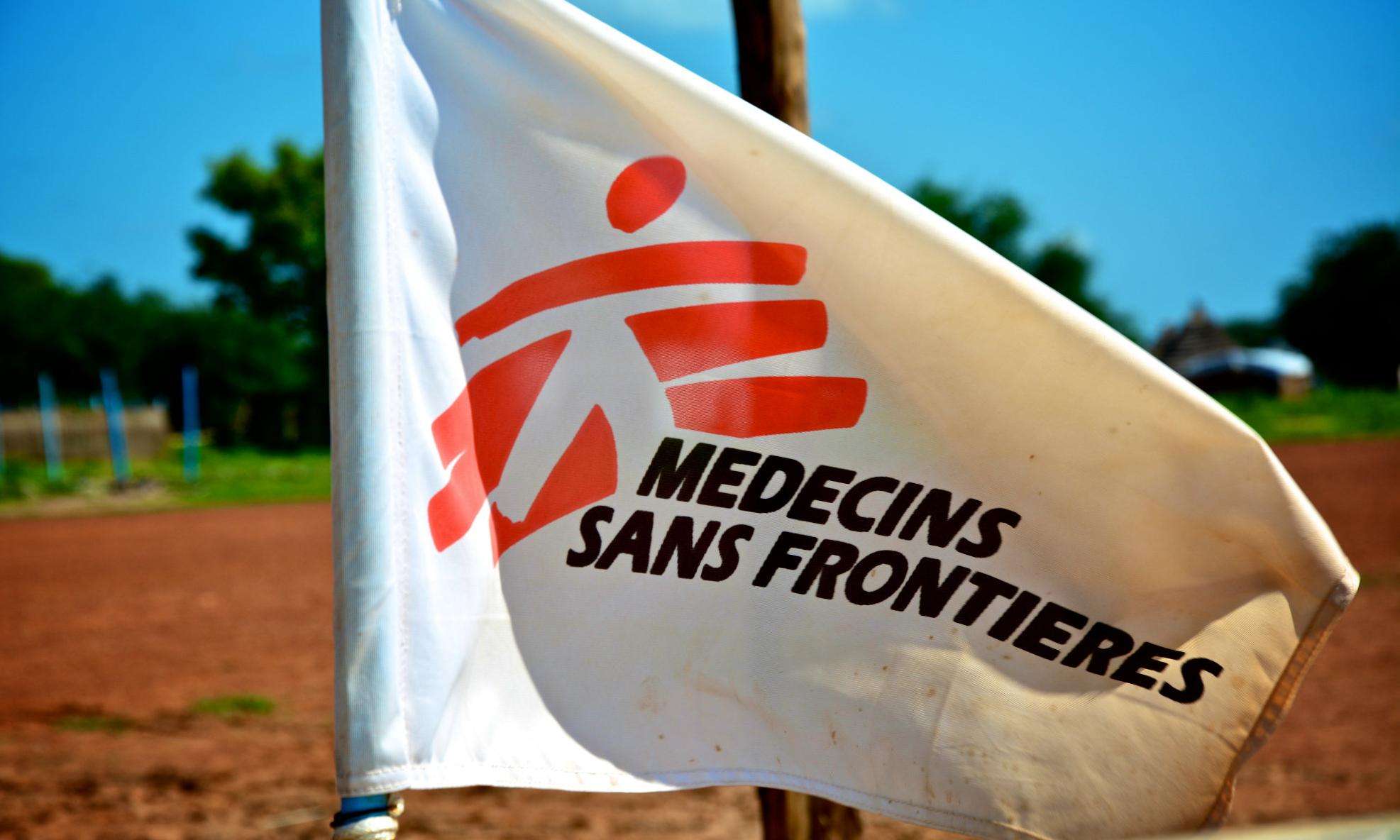Treating Survivors of Family and Sexual Violence

Papua New Guinea 2010 © Fiona Morris /MSF
Patients wait in the triage area of MSF’s Family Support Center at the regional hospital in Tari.
This Doctors Without Borders/Médecins San Frontières (MSF) report, Hidden and Neglected: The medical and emotional needs of survivors of family and sexual violence in Papua New Guinea, highlights the urgent, unmet medical and emotional needs of survivors of family and sexual violence in that country, which is located in Oceania, north of Australia. It recommends concrete action in order to meet these needs.
Family and sexual violence have long been recognized as serious problems in Papua New Guinea; nearly 20 years ago a government study revealed shocking levels of violence throughout the country. Further studies have reached the same conclusion: family and sexual violence in Papua New Guinea is widespread and has a devastating impact on the lives of individuals, families, and communities.
In the last two decades a great deal of time and resources have been invested to tackle this issue, yet almost no progress has been made in providing essential medical and psychosocial care to survivors. Lives are being lost and thousands of women and children are suffering unnecessarily without adequate medical and psychosocial services.
Rape survivors are at risk of HIV infection, sexually transmitted diseases, hepatitis B, tetanus, and unwanted pregnancies if they do not receive timely, specialized care. Some survivors are at risk of depression, suicide, anxiety, phobias and post-traumatic stress disorder.
These acute needs remain hidden and are neglected by Papua New Guinea’s health facilities.
MSF works in Papua New Guinea to address this neglect, providing specialized care for thousands of survivors of sexual, physical, and emotional abuse in the town of Lae, located in Morobe Province, and the town of Tari, in Southern Highlands Province.
This report presents the experiences of MSF’s patients. It is based on first-hand testimonies of staff and survivors, and on previously unseen medical data.
MSF’s experience shows that providing quality, specialized care is possible. This report demonstrates that services are needed. They are used and valued when they are available. More than anything, the report highlights the glaring gaps in services in other parts of the country.
MSF has worked in Papua New Guinea since 2007.





